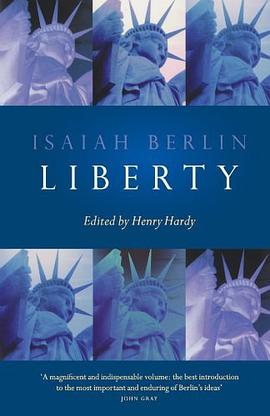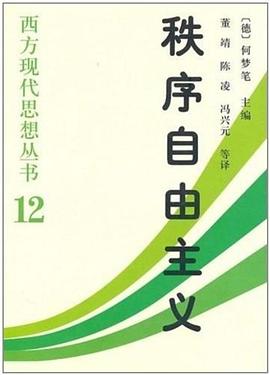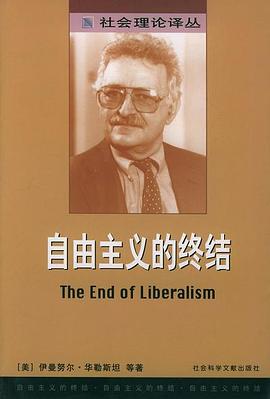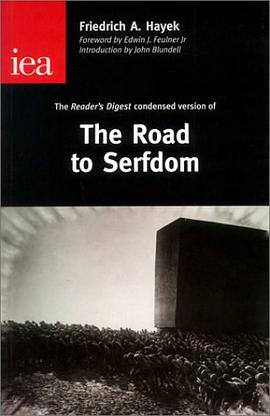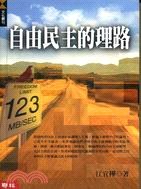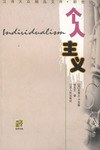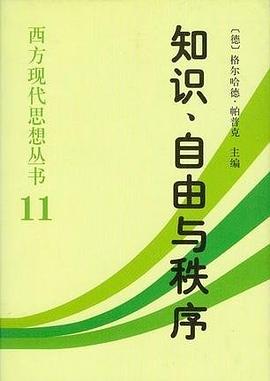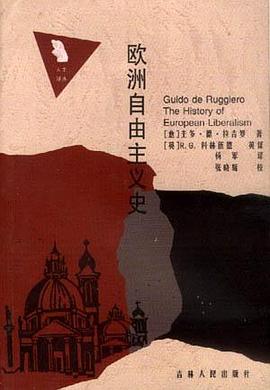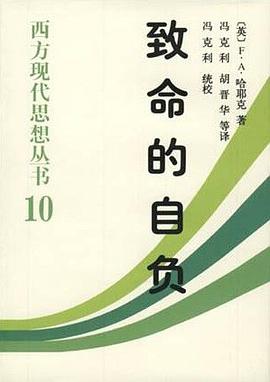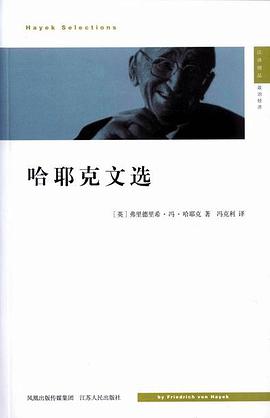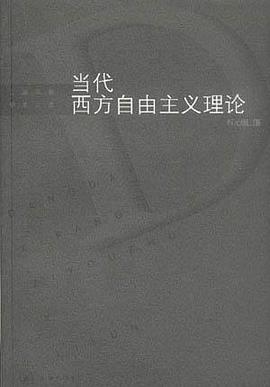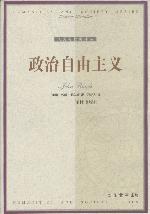
具体描述
Sir Isaiah Berlin was a philosopher and historian of ideas, regarded as one of the leading liberal thinkers of the twentieth century. He excelled as an essayist, lecturer and conversationalist; and as a brilliant speaker who delivered, rapidly and spontaneously, richly allusive and coherently structured material, whether for a lecture series at Oxford University or as a broadcaster on the BBC Third Programme, usually without a script. Many of his essays and lectures were later collected in book form.
Born in Riga, now capital of Latvia, then part of the Russian Empire, he was the first person of Jewish descent to be elected to a prize fellowship at All Souls College, Oxford. From 1957 to 1967, he was Chichele Professor of Social and Political Theory at the University of Oxford. He was president of the Aristotelian Society from 1963 to 1964. In 1966, he helped to found Wolfson College, Oxford, and became its first President. He was knighted in 1957, and was awarded the Order of Merit in 1971. He was President of the British Academy from 1974 to 1978. He also received the 1979 Jerusalem Prize for his writings on individual freedom. Berlin's work on liberal theory has had a lasting influence.
Berlin is best known for his essay Two Concepts of Liberty, delivered in 1958 as his inaugural lecture as Chichele Professor of Social and Political Theory at Oxford. He defined negative liberty as the absence of constraints on, or interference with, agents' possible action. Greater "negative freedom" meant fewer restrictions on possible action. Berlin associated positive liberty with the idea of self-mastery, or the capacity to determine oneself, to be in control of one's destiny. While Berlin granted that both concepts of liberty represent valid human ideals, as a matter of history the positive concept of liberty has proven particularly susceptible to political abuse.
Berlin contended that under the influence of Jean-Jacques Rousseau, Immanuel Kant and G. W. F. Hegel (all committed to the positive concept of liberty), European political thinkers often equated liberty with forms of political discipline or constraint. This became politically dangerous when notions of positive liberty were, in the nineteenth century, used to defend nationalism, self-determination and the Communist idea of collective rational control over human destiny. Berlin argued that, following this line of thought, demands for freedom paradoxically become demands for forms of collective control and discipline – those deemed necessary for the "self-mastery" or self-determination of nations, classes, democratic communities, and even humanity as a whole. There is thus an elective affinity, for Berlin, between positive liberty and political totalitarianism.
Conversely, negative liberty represents a different, perhaps safer, understanding of the concept of liberty. Its proponents (such as Jeremy Bentham and John Stuart Mill) insisted that constraint and discipline were the antithesis of liberty and so were (and are) less prone to confusing liberty and constraint in the manner of the philosophical harbingers of modern totalitarianism. It is this concept of Negative Liberty that Isaiah Berlin supported. It dominated heavily his early chapters in his third lecture.
This negative liberty is central to the claim for toleration due to incommensurability. This concept is mirrored in the work of Joseph Raz.
Berlin's espousal of negative liberty, his hatred of totalitarianism and his experience of Russia in the revolution and through his contact with the poet Anna Akhmatova made him an enemy of the Soviet Union and he was one of the leading public intellectuals in the ideological battle against Communism during the Cold War.
Liberty is a revised and expanded edition of the book that Isaiah Berlin regarded as his most important—Four Essays on Liberty, a standard text of liberalism, constantly in demand and constantly discussed since it was first published in 1969. Writing in Harper's, Irving Howe described it as "an exhilarating performance—this, one tells oneself, is what the life of the mind can be."
Berlin's editor Henry Hardy has revised the text, incorporating a fifth essay that Berlin himself had wanted to include. He has also added further pieces that bear on the same topic, so that Berlin's principal statements on liberty are at last available together in one volume. Finally, in an extended preface and in appendices drawn from Berlin's unpublished writings, he exhibits some of the biographical sources of Berlin's lifelong preoccupation with liberalism. These additions help us to grasp the nature of Berlin's "inner citadel," as he called it—the core of personal conviction from which some of his most influential writing sprung.
用户评价
##因为哲学课读的书越来越看不懂/不感兴趣了所以我决定每本下面编些不相干的胡话,整理的时候就感觉好像自己真有收获一样。水手需要预测暴风雨的时候,会跑到甲板上用鼻子吸一吸,再不济就伸舌头尝一尝,吉兆是仍然咸涩的海风,凶兆是坏血病梦境般温柔甜蜜的鲜橙味。
评分 评分 评分##初读会受益于伯林的强梳理能力,让对自由的讨论有起点可寻。但因为始终没有给出清晰哪怕很薄的界定,使得内部诸多不一致。如果采取“同情式”的理解,可能要回到他当时要揭示的价值多元论命题,当然这又是一个棘手的问题。
评分 评分 评分##2006年写毕业论文竟然参考过,估计是纯粹装逼,八成都没读吧
评分相关图书
本站所有内容均为互联网搜索引擎提供的公开搜索信息,本站不存储任何数据与内容,任何内容与数据均与本站无关,如有需要请联系相关搜索引擎包括但不限于百度,google,bing,sogou 等
© 2025 book.qciss.net All Rights Reserved. 图书大百科 版权所有

